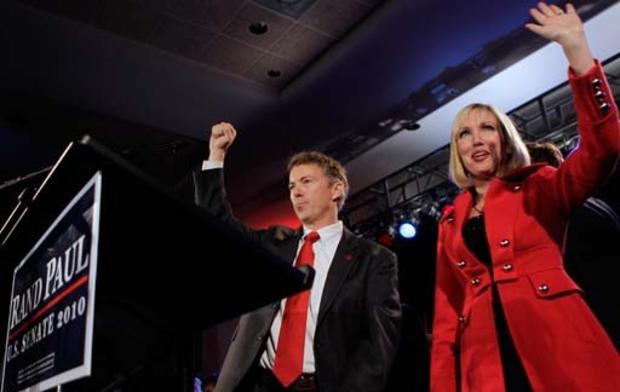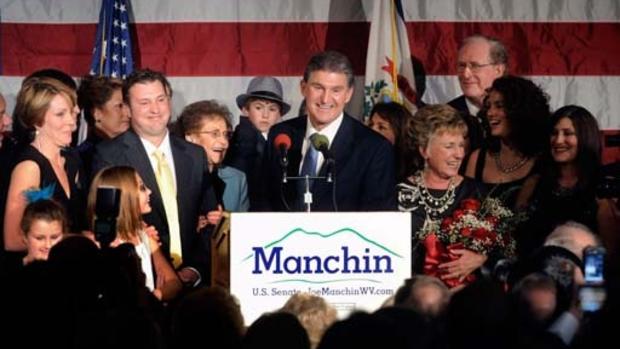Who Are the Tea Party Supporters?
The tea party movement - the loose collection of local political organizations - promoted Washington outsiders in a handful of Senate races. They had mixed success on Election Day, winning several states by wide margins, but losing three key races that ultimately cost Republicans control of the Senate. CBS exit polls show that the tea party supporters were comprised primarily of older while males seeking fiscal responsibility and smaller government.
Tea Party Races
Tea party candidates won three states easily on Election Day. In Florida, Republican Marco Rubio received 49 percent of the vote, compared to 30 percent for Charlie Christ and 20 percent for Kendrick Meeks. In Kentucky, Rand Paul beat Jack Conway 56 percent to 44 percent. In Utah, Mike Lee crushed Sam Granato 64 percent to 30 percent.
Did the Tea Party Cost Republicans the Senate?
Tea Party Senate Winners and Losers
For Tea Party Winners, Now Comes the Hard Part
Full Election Results
On the flip side, Tea Party candidates lost in two states. In Delaware, Christine O'Donnell was decisively beaten Christopher Coons 56 percent to 40 percent. In Nevada, Sharon Angle lost to Harry Reid 50 percent to 45 percent.
Races in two other states were too close to call as of early morning Wednesday. In Colorado, Ken Buck was in a dead heat with Michael Bennet. In Alaska, Joe Miller was in a tight three-way race with Lisa Murkowski and Scott McAdams.
Composition of Tea Party Supporters
According the CBS News national exit polls, tea party supporters cross party lines, yet comprise a fairly narrow demographic.
Fifty eight percent of tea party supporters identify themselves as Republican, 33 percent as independent, and 9 percent as Democratic. However, 80 percent of tea party supporters are white, 55 percent are male, and 56 percent are 50 years of age and older.
Tea party supporters are upset with the way government is functioning and feel that smaller government would be far more effective in dealing with America's problems. Two thirds of tea party supporters disapprove of President Obama. Forty-five percent blame him for the poor economic conditions and 59 percent think the stimulus has hurt the economy. Eighty-four percent think health care reform should be repealed.
Instead, 85 percent of tea party supporters think the government should do less.
Doug Schwartz Ph.D., is the Director of the Quinnipiac University Poll. Samuel J. Best is an associate professor of political science at the University of Connecticut and the former director of the Center for Survey Research and Analysis. He is the author of numerous books and articles on public opinion and survey methods. He holds a Ph. D. in political science from the State University of New York at Stony Brook.

